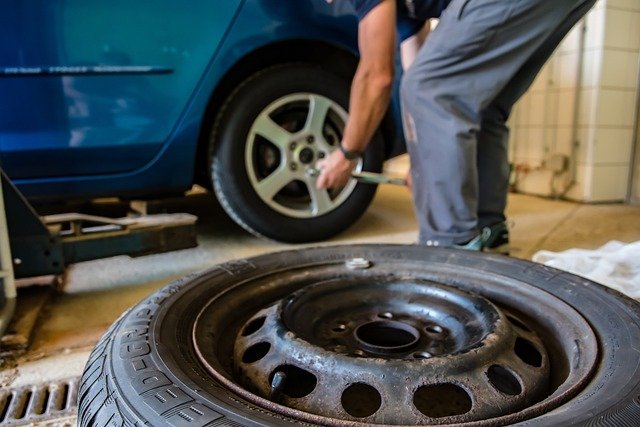Car Repair: Key Systems, Replacement, and Vehicle Locks
Modern cars rely on more than metal blades to start and secure a vehicle. From basic mechanical car key designs to encrypted transponder chips and fully electronic smart key systems, understanding how keys and locks function helps owners make informed choices when the key fails, needs replacement, or when they want to update security. This article explains common key types, replacement options, and practical considerations for working with local services.

What is a car key and what parts matter?
A car key can be as simple as a cut metal blade or as complex as a fob that communicates wirelessly with the vehicle. Basic components include the physical blade (for door and ignition), an electronic transponder chip that tells the engine to start, and the fob casing with buttons for locks or trunk release. Wear affects the blade; water or impact can damage electronics. When diagnosing a problem, technicians check both mechanical and electronic elements because a failure in either can prevent entry or starting.
When is key replacement needed and what are the options?
Key replacement is necessary when a key is lost, broken, or the electronics fail. Options include ordering a new key from the dealership, using an independent locksmith that offers key cutting and programming, or purchasing aftermarket keys that still require professional programming. For older vehicles a new mechanical copy may suffice; for modern vehicles a replacement transponder or smart key requires electronic programming to match the vehicle’s immobilizer. Always confirm that the replacement method supports all security features of your particular make and model.
How does the vehicle immobilizer and transponder system work?
A transponder is a small radio-frequency device embedded in many car keys. When the key is inserted or detected near the ignition, the vehicle sends a signal to the transponder and expects a correct encrypted response. If the code matches, the immobilizer permits the engine to start. This prevents hot-wiring and unauthorized starting. Repair or replacement may require specialized diagnostic tools and manufacturer-level programming tools; independent locksmiths often have aftermarket equipment that works with many models, while dealers can access factory encoding procedures for certain vehicles.
What is a smart key and how does it differ from traditional keys?
A smart key uses proximity sensors and wireless communication so a driver can unlock doors and start the engine without inserting a key. Functions can include push-button start, remote start, and automatic locking. Smart keys add convenience but also complexity: batteries, antennas, and encrypted modules can fail or need reconfiguration after repairs. Replacing a smart key generally involves syncing the new device to the vehicle’s control modules, and in some cases replacing antenna rings or battery contacts. Maintenance and diagnostics for these systems are more technical than for standard keys.
How to choose repair and replacement services in your area
When selecting a local service for key replacement or car repair, compare services such as dealerships, independent locksmiths, and automotive repair shops that offer key programming. Consider certifications, customer reviews, the range of supported vehicle makes, and whether on-site service or mobile key cutting is available. Ask about warranties on programming and parts, and verify that technicians can handle transponder and smart key technologies for your model year. For fleet or multiple-vehicle owners, inquire about bulk or repeat service arrangements and record-keeping practices.
Conclusion
Key systems in modern vehicles blend mechanical parts with electronics to provide security and convenience. Understanding the differences between a mechanical car key, a transponder-equipped key, and a smart key helps you decide whether to use a dealership, independent locksmith, or specialized repair shop for key replacement and related vehicle work. Regular maintenance, careful handling of keys, and choosing qualified local services can reduce downtime and ensure that replacement keys restore full functionality.




